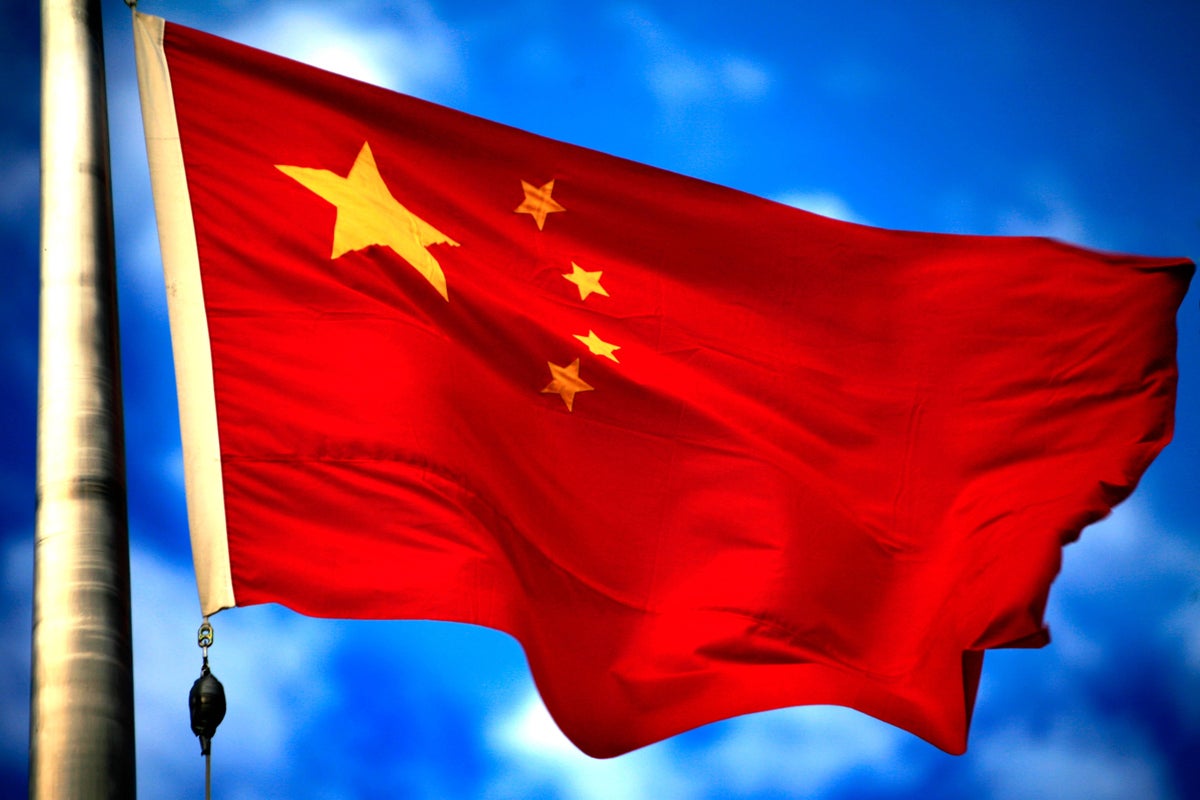
Britain risks being a “dumping ground” for goods linked to forced labour in countries like China unless the Government reforms its anti-slavery laws, Parliament’s human rights watchdog has warned.
Existing rules are failing to prevent products flown from Xinjiang, where Beijing is accused of employing Uighur Muslim people against their will, ending up on UK shelves, according to a new report.
In the 99-page document, MPs and peers on the influential Joint Committee on Human Rights (JCHR) called on ministers to impose import bans on goods linked to forced labour.
Mandatory human rights due diligence for UK firms and penalties for flouting the requirements should also be introduced, the cross-party group said.
This would establish a legal duty for businesses to manage any risk of human rights abuse in their operations, such as by requiring suppliers to fulfil certain conditions, rather than the existing “voluntary” approach.
Key to UK laws governing forced labour is the Modern Slavery Act 2015, but the committee warned a lack of “enforceable legislation” is leaving loopholes in the system.
“The evidence we heard demonstrates that goods produced by forced labour are being sold in the UK,” the JCHR said.
“Cargo flights are permitted to bring goods directly from the capital of Xinjiang to the UK unhindered and media investigation has provided strong evidence that tomatoes produced under forced labour conditions are used in products sold in UK supermarkets.”
Britain’s approach to imports has fallen behind other key markets like the EU and the US, which have introduced bans on goods linked to forced labour, according to the report.
“The UK’s lack of equivalent legislation puts the UK at risk of becoming a dumping ground for goods that cannot be sold elsewhere,” it said.
It recommended the Government bring in a similar measure to establish who is responsible for preventing the import of such goods and what happens if goods are confiscated.
This ban should make clear that no company that uses or allows state-imposed forced labour in its supply chains can import goods to the UK, the committee said.
Concerns have also been raised over the UK’s free trade deal with India, where human rights groups estimate more than 11 million people are living in modern slavery.
Meanwhile, more than a million people are estimated to live in modern slavery in the US, according to the same data, compiled by the International Labour Organisation and Walk Free in partnership with the UN.
The JCHR said the UK could learn from the EU’s policy of using “political clauses” in its deals to promote the bloc’s values, as it continues negotiations with some Gulf states amid concerns about their human rights records.
It urged the Government to make it an explicit policy to include provisions concerning forced labour in future trade agreements, and to avoid entering negotiations with countries participating in state-imposed forced labour.
Sir Keir Starmer’s Government has sought to balance a revival of relations with Beijing in its pursuit of growth with matters of national security amid concerns about Chinese interference in Britain and human rights concerns.
China has denied accusations it is subjecting the Uighur minority to forced labour.
Lord David Alton, chairman of the JCHR, said its inquiry had seen “shocking evidence” of human rights abuses in a wide range of industries at the heart of UK trade.
“Most of all, we want to see strong leadership from the Government. It’s intolerable in the 21st century that we profiteer on the broken backs of slave labour, from Uighur servitude in Xinjiang to child labour in the cobalt mines of the Congo, and elsewhere,” he said.
“The Government knows (the) nature of the problem and the challenge but meaningful action has been lacking.”
